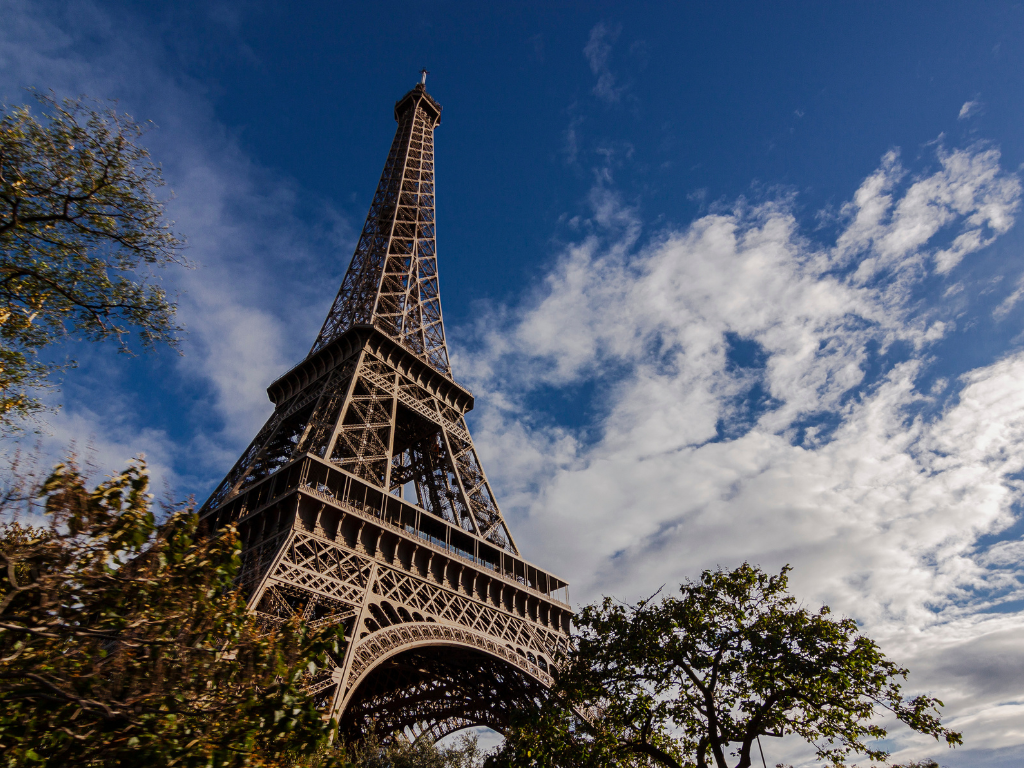What's your perfect European city abroad?
Take the 2-min quiz to find out which European city abroad is the best match for you!
TAKE THE QUIZ
103: The hidden key to a happy life abroad: Cultural adaptation and how to fit in
October 20, 2025

Cultural Adaptation Abroad: The Hidden Key to Happiness
If you’ve ever wondered what makes living abroad feel truly fulfilling, the answer often comes down to cultural adaptation and how to fit in abroad. When you move abroad, you have to figure out things like how to navigating a new culture, connecting with locals, and finding your rhythm in a different way of life. So, let’s break down what cultural adaptation really means, the stages most people go through, and how to feel at home without losing your sense of self!
What Cultural Adaptation Really Means
Cultural adaptation is more than learning a few local phrases or trying new foods. It means adjusting your mindset to understand and accept different ways of thinking, behaving, and communicating.
What’s polite or normal in one country might be completely different in another. For example, in the UK, people apologize often — even when someone else bumps into them. In Germany, directness is considered respectful, not rude. Meanwhile, in southern Europe, arriving 15 minutes late is seen as normal, not inconsiderate.
At first, these differences might feel confusing or even frustrating. But after a while, you’ll get the hang of things and you’ll learn what to expect. Let’s chat through what this might look like in more detail.
The Four Stages of Cultural Adaptation
Almost everyone who moves abroad goes through four stages of cultural adjustment. You might bounce between stages or skip some stages altogether. But this should be helpful as a general reference:
1. The Honeymoon Stage
Everything feels exciting and new. You love the food, the scenery, and the lifestyle. It feels like you made the best decision of your life.
2. The Frustration Stage
Soon, reality sets in. You start missing the ease of life back home. Everyday tasks take longer, and cultural quirks can become frustrating. This stage is normal — it’s your brain trying to understand new rules and routines.
3. The Adjustment Stage
Gradually, you begin to find your rhythm. You learn how things work, understand social cues better, and feel more confident navigating daily life.
4. The Acceptance Stage
Finally, you reach a point where you feel balanced. You understand the culture even if you don’t agree with everything. You can switch between your old and new ways of thinking with ease. That’s when you truly start to feel at home.
Keep in mind that these stages aren’t really fixed. You might move back and forth between them depending on your experiences and how long you stay abroad.
How to Embrace New Norms Without Losing Yourself
1. Get Curious, Not Judgmental
When something feels frustrating, pause and ask, “Why might it be this way?” Instead of labeling it as wrong or getting frustrated, think of it as a different logic. It will be helpful to stay open in your first few months abroad and think of these new social norms as “interesting”. This mindset helps you learn faster and stay open-minded.
2. Build Local Routines
Find a café you love, join a gym, or take a class in your community. These small habits give structure to your new life and help you feel grounded (esp as you work towards building friendships).
3. Stay Connected to Home — But in Healthy Ways
It’s important to keep in touch with friends and family back home, but don’t let that stop you from building new connections where you live now. The goal isn’t to replace your old life — it’s to expand it. Keep in contact with your friends and family back home, but remember to focus on building new relationships.
Signs You’re Adapting Successfully
You’ll know you’re adapting when:
- You stop comparing everything to the U.S. This is key, but it might take a while to get to this point… it took me a while at least (haha!).
- Daily tasks feel easier and more natural.
- Cultural differences interest you instead of frustrating you.
- Locals start treating you like one of their own.
These small moments show that you’re no longer surviving abroad — you’re finally living there.
Moving abroad isn’t just about changing your address. It’s about growing, learning, and expanding your worldview. Cultural adaptation takes patience and practice, but it also builds resilience and confidence.
When you stay curious instead of resistant, you’ll find yourself more adaptable than you ever imagined.
Struggling with guilt over your dream to move abroad? Dive deeper into those feelings and learn how to release them in Episode 96: Feeling Guilty About Moving Abroad — Why It Happens and How to Overcome It.
I'm Jordan Giberson.
I'd love to connect with you. You can find me on the Move Abroad podcast and on Instagram.